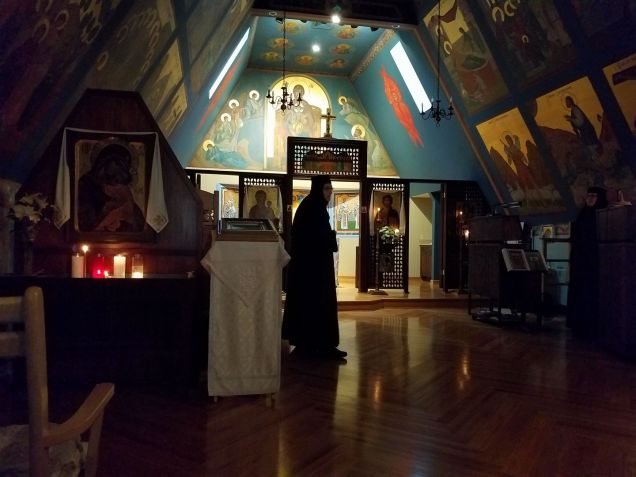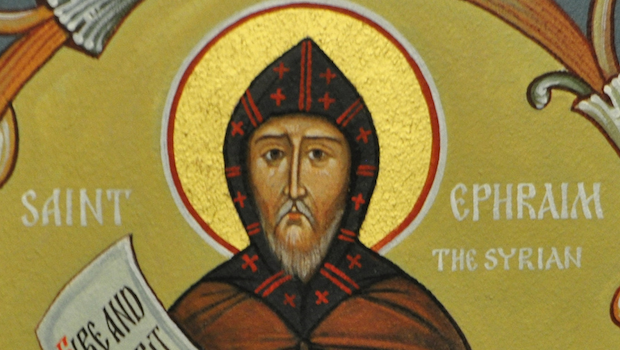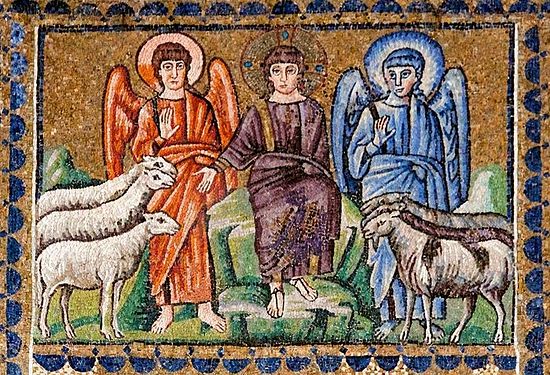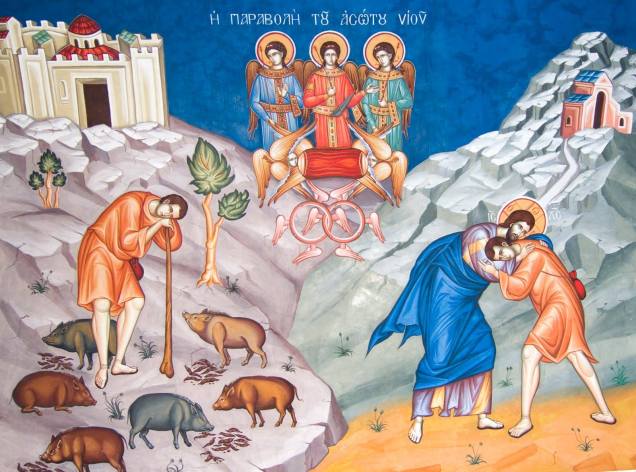
I keep seeing the above image on social media. As far as I know, given my admittedly limited knowledge of Western liturgical practice, this formulation, and the related notion of the 12 Days of Christmas, is entirely congruent with the celebration of Christmas in the Western tradition. However, many of the people I’ve seen sharing this are Byzantine-rite Eastern Orthodox Christians—and the formulation doesn’t really work in this liturgical context. Continue reading



 The prayer of St Ephraim the Syrian is the basic prayer of the Lenten season:
The prayer of St Ephraim the Syrian is the basic prayer of the Lenten season:
 By the grace of God, we have reached the end of the first week of Great Lent. Much more of it lies ahead; this is no sprint. But if you’re anything like me, you already have some cause to feel that you haven’t been keeping it quite as you’d hoped.
By the grace of God, we have reached the end of the first week of Great Lent. Much more of it lies ahead; this is no sprint. But if you’re anything like me, you already have some cause to feel that you haven’t been keeping it quite as you’d hoped. Today is the Sunday of the Last Judgment, more popularly known as Meatfare Sunday, because it is also the last day to eat meat until Pascha. The hymnography for this week is about as fire and brimstone as we get in the Orthodox Church. For example:
Today is the Sunday of the Last Judgment, more popularly known as Meatfare Sunday, because it is also the last day to eat meat until Pascha. The hymnography for this week is about as fire and brimstone as we get in the Orthodox Church. For example: Today is the first Saturday of Souls of the year. Saturdays are always associated with the commemoration of the departed, per the weekly cycle, just as Mondays commemorate the Bodiless Powers, Tuesdays John the Baptist, and so on. But on these Soul Saturdays we remember our departed more fully: we serve additional services, we pray for the departed by name, we offer kollyva.
Today is the first Saturday of Souls of the year. Saturdays are always associated with the commemoration of the departed, per the weekly cycle, just as Mondays commemorate the Bodiless Powers, Tuesdays John the Baptist, and so on. But on these Soul Saturdays we remember our departed more fully: we serve additional services, we pray for the departed by name, we offer kollyva. As I noted in a previous
As I noted in a previous